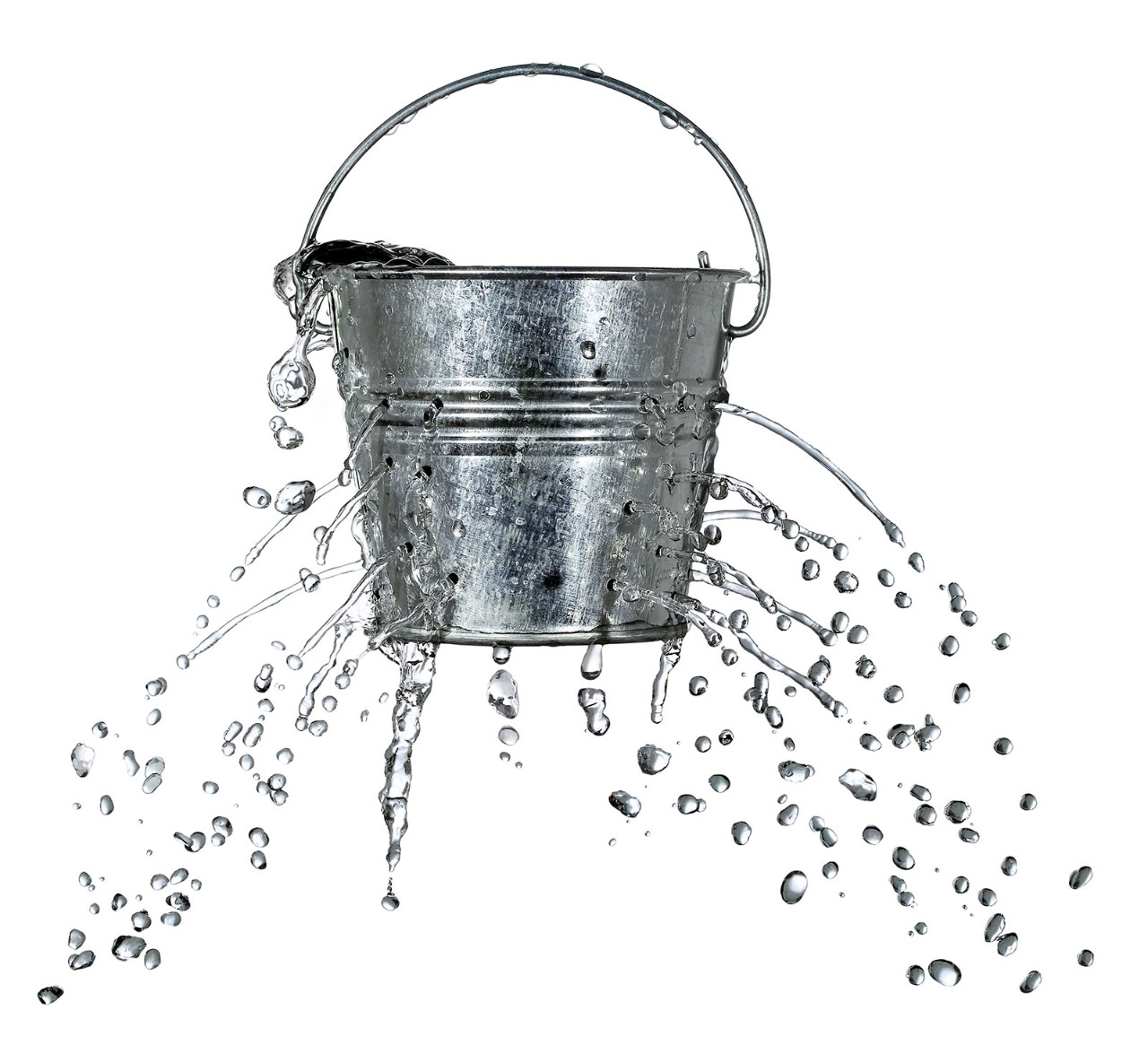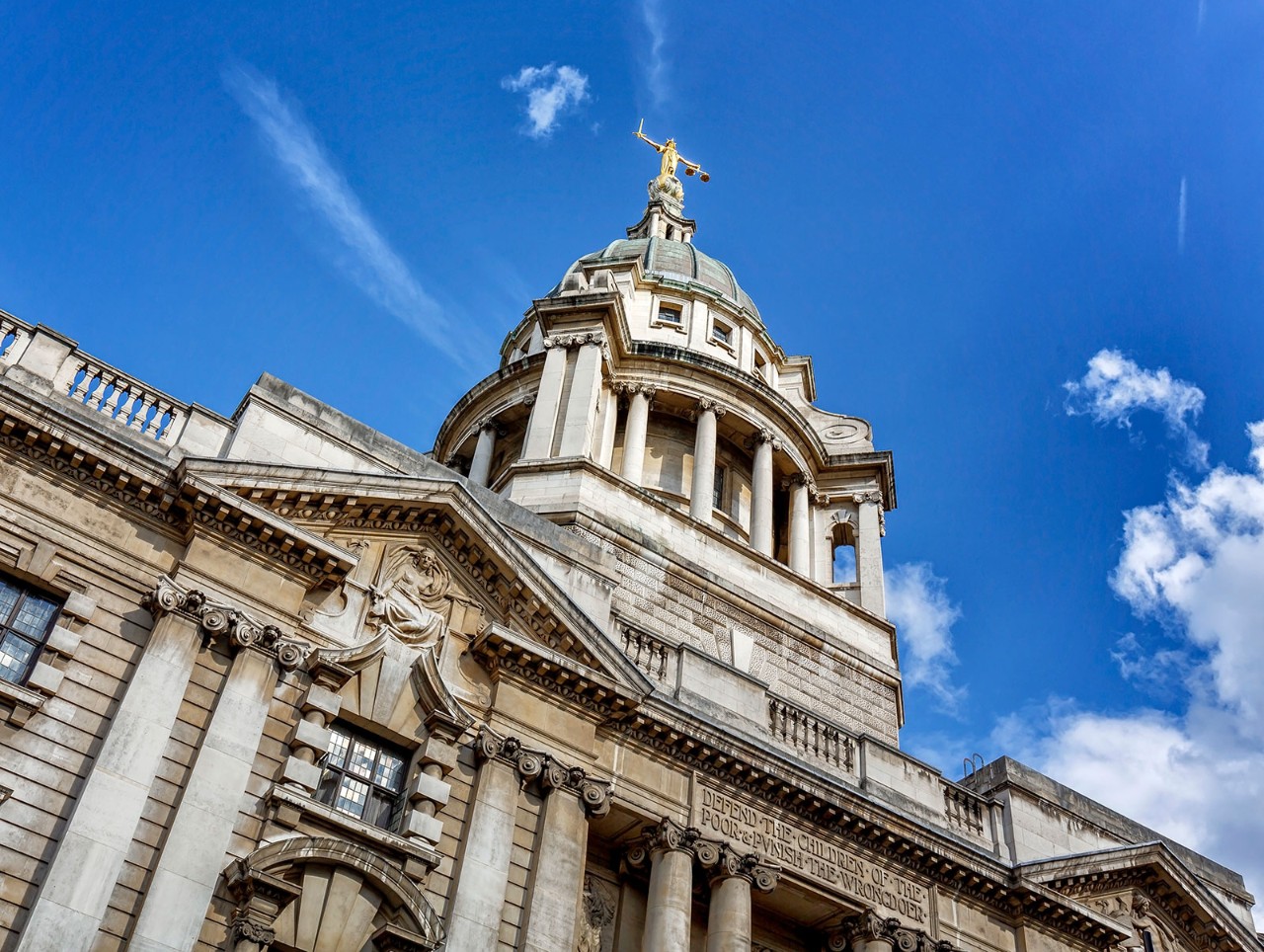
The writer Alan Bennett, himself often dubbed a national treasure, once said that the label was all a matter of exaggeration. Anyone over the age of 90 who could eat a boiled egg was seen as worthy of a Nobel prize, he suggested. But businesses regarded as a national treasure can find the status something of a millstone.
Such businesses are constantly under scrutiny by everyone, all of them ready with an instant opinion. Competitors to the likes of Marks and Spencer, the John Lewis Partnership, J Sainsbury and even family-owned shoe retailer Clarks invariably escape such close attention.
All these national treasures struggled at the height of the pandemic. The latest figures for Marks and Spencer show that food sales, where margins are lower, have risen while high-margin clothing has plummeted. The much loved John Lewis Partnership is closing several trading floors of its Oxford Street flagship store to turn them into offices for staff whose existing headquarters across town are shutting. Down at Clarks they are bringing 195 years of history to a close by selling a controlling interest to a Hong Kong private equity firm.
What all this turmoil at national treasures suggests is that the level of scrutiny they attract results in all sense going out of the window. They still function well as businesses.
The morning after the hurried lockdown was announced I went online and bought a terrific sound system made by a soon-to-be British national treasure from John Lewis and was able to collect it locally less than a day later. I have still to master the ability to source radio stations over the internet, but the transaction went seamlessly – exactly what this customer wanted. But it does not necessarily help the future of a John Lewis, struggling to compete with clicks-and-mortar.
The main Marks and Spencer store in Oxford Street, London, is almost directly opposite the flagship store of Primark. With envy its managers can watch, in normal times, thousands upon thousands of young people piling in to buy clothes at astonishingly low prices.
What all this turmoil at national treasures suggests is that the level of scrutiny they attract results in all sense going out of the window. They still function well as businesses.
The morning after the hurried lockdown was announced I went online and bought a terrific sound system made by a soon-to-be British national treasure from John Lewis and was able to collect it locally less than a day later. I have still to master the ability to source radio stations over the internet, but the transaction went seamlessly – exactly what this customer wanted. But it does not necessarily help the future of a John Lewis, struggling to compete with clicks-and-mortar.

All these businesses have enormous power vested in their reputation and history. Yet they seem unable to think about what customers want
The main Marks and Spencer store in Oxford Street, London, is almost directly opposite the flagship store of Primark. With envy its managers can watch, in normal times, thousands upon thousands of young people piling in to buy clothes at astonishingly low prices.
The answer for Marks and Spencer ought to be to leave the youth market to the cheap-as-cheeseburgers Primark, and to differentiate. Instead of chasing youth they should aim for well-priced classics, which is precisely what they do in their highly successful food business. But the national treasures of the business world tend to freeze in the headlines of scrutiny.
Sainsbury’s has announced it will ditch its fresh meat, fish and delicatessen counters – a way of cutting the costs of a less-used service. The business fails to appreciate that the counters act as a differentiator, whether loss-making or not, as something that makes Sainsbury’s seem more authentic to the customer.
The decision ought not to be anything to do with cost but with perception. All these businesses have enormous power vested in their reputation and history. Yet they portray themselves as unable to think about what customers want. They seem unable to protect their brands or to differentiate themselves.
Customers know that cost-cutting programmes mean poorer service. Businesses looking inwards are not looking outwards. Customers notice this and feel betrayed, their loyalty undermined. Yet all of these businesses derive their power from their history and reputations. They should be confident enough to drive their own narrative. Flailing about is inexcusable – and likely disastrous.




